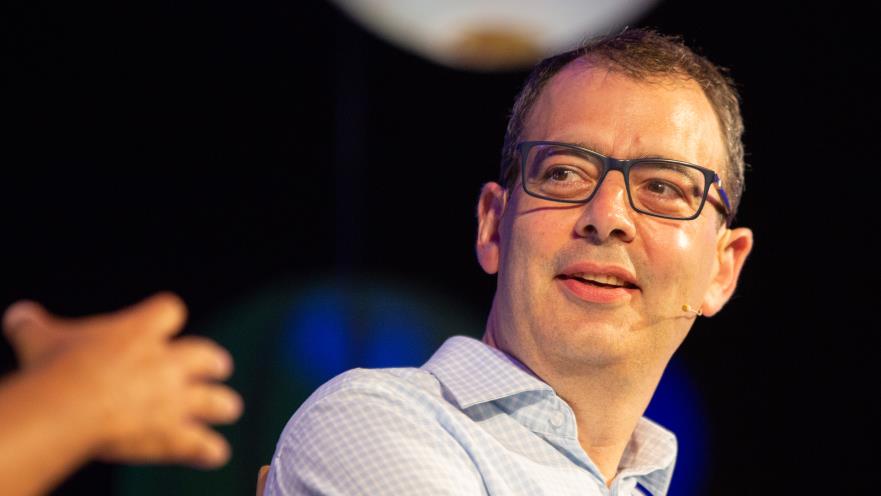
David Runciman’s new book is called How Democracy Ends and was inspired by how he felt watching Donald Trump being elected president of the United States. But he said the Left’s obsessive concerns about Trump, and the suggestions that the president was a fascist, were distracting attention from the real threats to open political systems. “He’s just talking, these are words. We over-rate the importance of words, what matters are deeds,” he said.
His key message is that the 1930s is not a good guide to the present moment. If there is a historical precedent the current crisis is more like the 1890s – also a time of inequality, technological revolution and rampant conspiracy theories – but even that parallel is not helpful, because of how that crisis ended: with World War One.
The wars and crises that revitalised democracy in the twentieth century can no longer happen, because we are facing problems of a different magnitude, particularly nuclear weapons and climate change. Our challenges are simply too big for democracy – or, perhaps, civilisation – to survive. That means we need to keep looking forward, and stop obsessing about the past, if we are to survive them.
“There are many things that could happen in the next 40 or 50 years that have never happened before: some good, some bad. The real risk is that we will miss them because we are looking over our shoulders,” he said. “We won’t be able to look back and say: that was the moment. It will fail without our noticing.”
Runciman said he thought Mark Zuckerberg and Facebook was a greater threat to democracy than Donald Trump, who at least is a politician and thus bounded by constitutional conventions we are accustomed to. “The reason I think he’s dangerous is that I don’t think he has any sense that he is a threat. Zuckerberg believes he’s a good guy. Well-intentioned people with unaccountable forms of power are potentially more dangerous than malevolent people,” Runciman said.
If you liked this, you might like our other events on world affairs.